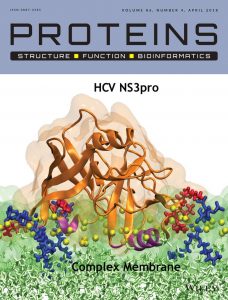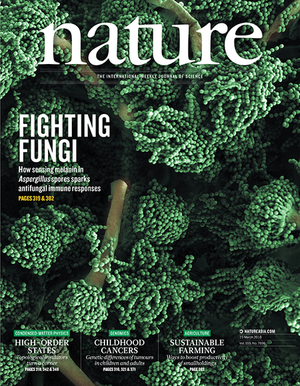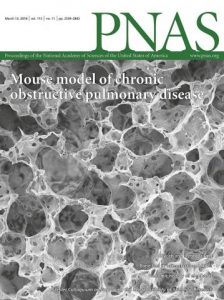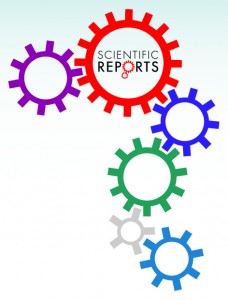 Title: AMPA receptor-mediated regulation of a Gi-protein in cortical neurons
Title: AMPA receptor-mediated regulation of a Gi-protein in cortical neurons
What Caught Our Attention: Usually, when journals publish corrections to articles, they also correct the original article, except when the original is unavailable online. When Nature noticed that some figure panels in a 20-year-old paper were duplicated, it flagged the issue for readers — but didn’t correct the online version of the original paper. According to the notice, the duplications don’t disturb the conclusion illustrated by the figure, the original data couldn’t be found, and the last two authors had retired. We contacted a spokesperson at Nature, who told us “the information at the start of the paper clearly links to the corrigendum.” Continue reading Caught Our Notice: Yes, a 20-year-old article is wrong — but it won’t be corrected online


 How much role did a potentially problematic paper play in the demise of a once-promising compound?
How much role did a potentially problematic paper play in the demise of a once-promising compound?

 Following a massive editorial protest,
Following a massive editorial protest,